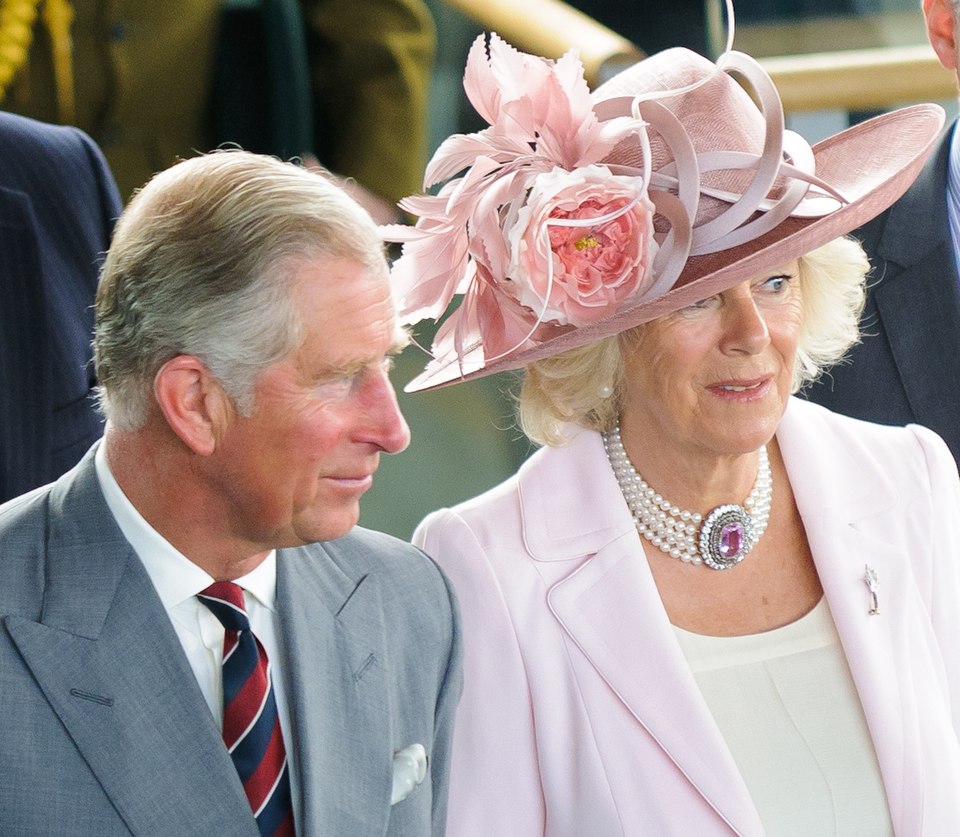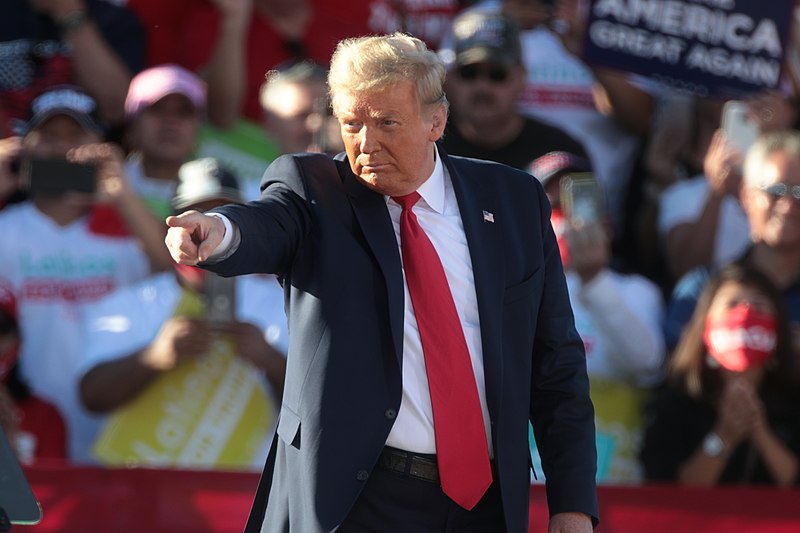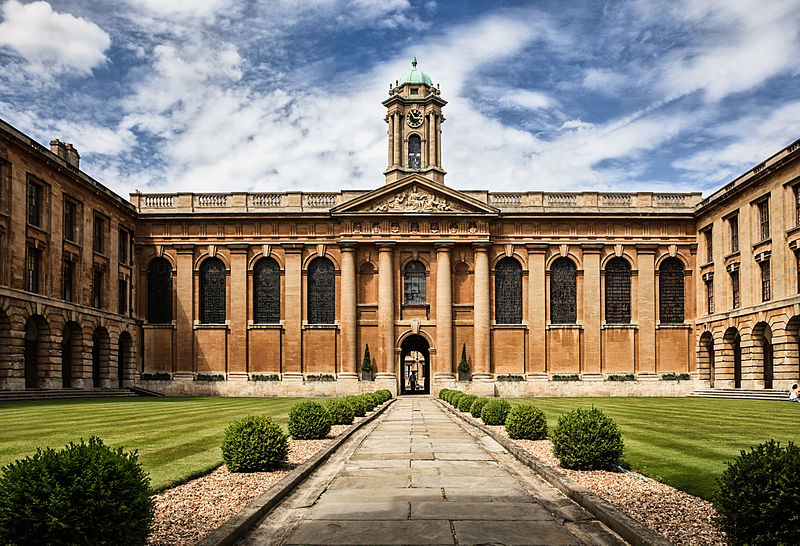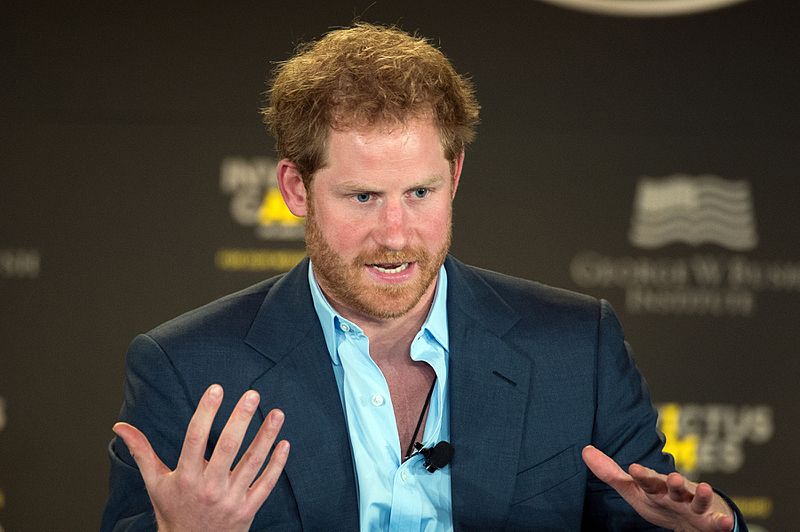
British Prime Minister Rishi Sunak is facing a mass exodus of lawmakers, with the number of resignations surpassing those seen before the Conservative Party's
landslide defeat in the 1997 election. Sunak, who has been in power since 2022, announced a national election for July 4, but his party trails far behind in the polls due to high inflation, low economic growth, and numerous political scandals.
As of Friday, 76 Conservative members of parliament (MPs) have declared they will not stand in the next election, exceeding the 72 who stepped down before the 1997 election, according to the House of Commons Library. This marks a significant departure, suggesting low confidence in the party's chances of winning the upcoming election and frustration with internal conflicts and polarization within parliament.
Opinion polls predict a substantial loss for Sunak, with his Conservatives trailing the opposition Labour Party by about 20 percentage points. In contrast, only 12 Conservative MPs stood down before the 2017 election, and 32 before the 2019 election.
Despite the high number of departures, Defence Minister Grant Shapps downplayed the significance, stating there was nothing "unusual" about it. "You often get a lot standing down at election time," Shapps told Sky News. He suggested that the illusion of a higher number of resignations stems from the fact that there are more MPs on the governing side by definition.
Among the notable Conservative MPs announcing their departure are former business minister Greg Clark and veteran Brexit supporter John Redwood. Even some of the party's most prominent figures, such as former Prime Minister Theresa May, have declared they will stand down.
This wave of resignations highlights the internal turmoil and bleak electoral prospects facing the Conservative Party as the country heads towards the July election. Photo by HM Treasury, Wikimedia commons.































































